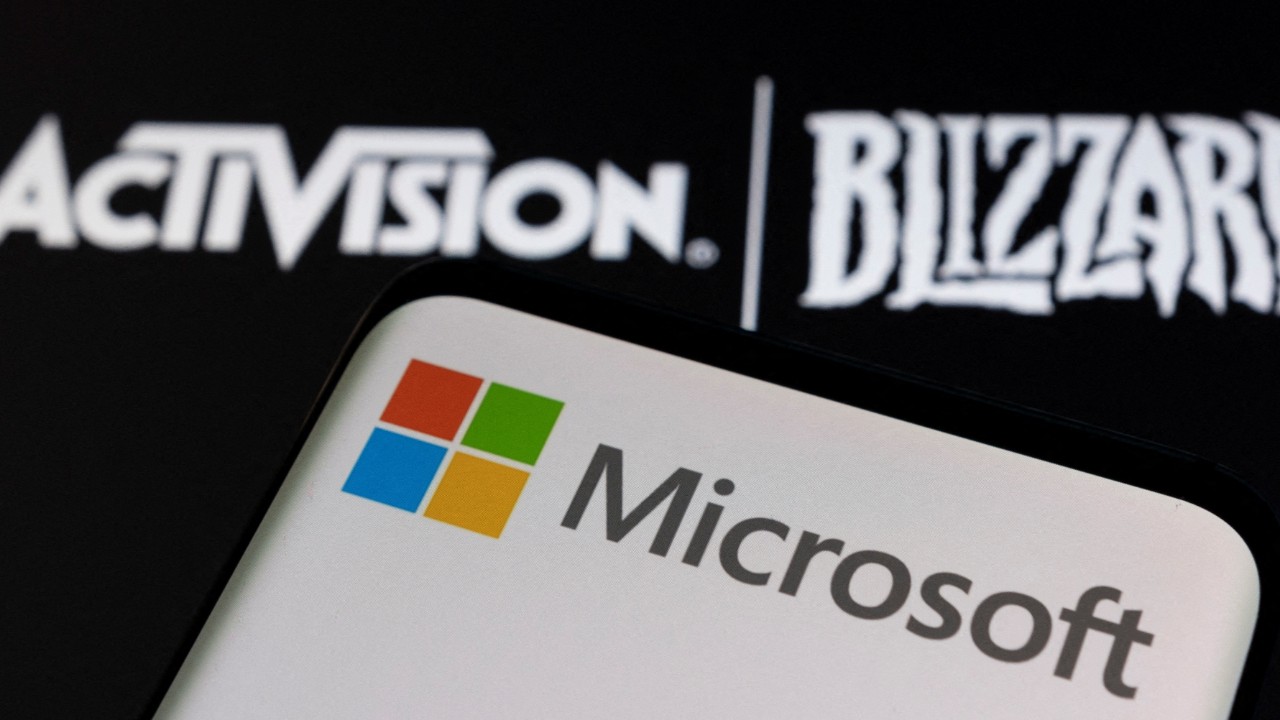Project Boston: Activision Blizzard's unrealized dream of an Android Game Store
Activision Blizzard's unfulfilled project Boston for the Android platform reminds us of the ambitious dreams in the gaming world.

In the realm of Android and iOS devices, the Google Play Store and the Apple App Store have long been the primary hubs for downloading games and applications. While Apple has a stronghold within its own ecosystem, the scenario is quite different for Google. The open nature of Android has allowed for the emergence of rival stores, posing a challenge to Google's dominance in the market. A significant development in this competition was nearly brought about by Activision Blizzard, a well-known game developer.
The desire for major companies like Activision Blizzard to create their own digital distribution platforms, as opposed to relying on the established Play Store and App Store, largely stems from financial motivations. Both Google and Apple charge a substantial commission, typically ranging from 5% to 30%, on the revenue generated by games hosted on their platforms. For instance, any in-app purchase made within a game like Call of Duty Mobile would result in a part of that revenue going to the store owner. Reportedly, in 2019, Activision Blizzard considered launching its own store to avoid these fees.
Project Boston: Activision Blizzard's unrealized dream of an Android Game Store
The company's project, internally named “Boston,” aimed to feature popular titles such as Candy Crush, Call of Duty Mobile, and Diablo Immortal on its platform while removing them from the Play Store. However, this plan did not come to fruition, primarily due to the complexities and fluctuations in store commission rates.
For many developers, the fees charged by Google are a fixed cost, but companies the size of Activision Blizzard have the potential to negotiate these rates, potentially reducing or even eliminating them. Google's strategy to maintain market control often involves negotiating such deals.
Apple, on the other hand, has maintained a tight grip on its ecosystem. However, with the upcoming iOS 17.2 update, the company is expected to open iOS to alternative app stores in compliance with European Union laws. This development might see Apple employing strategies similar to Google to retain its influential position in the app market.
 Tesla Cybertruck might have a 300-mile rangeCars
Tesla Cybertruck might have a 300-mile rangeCars






